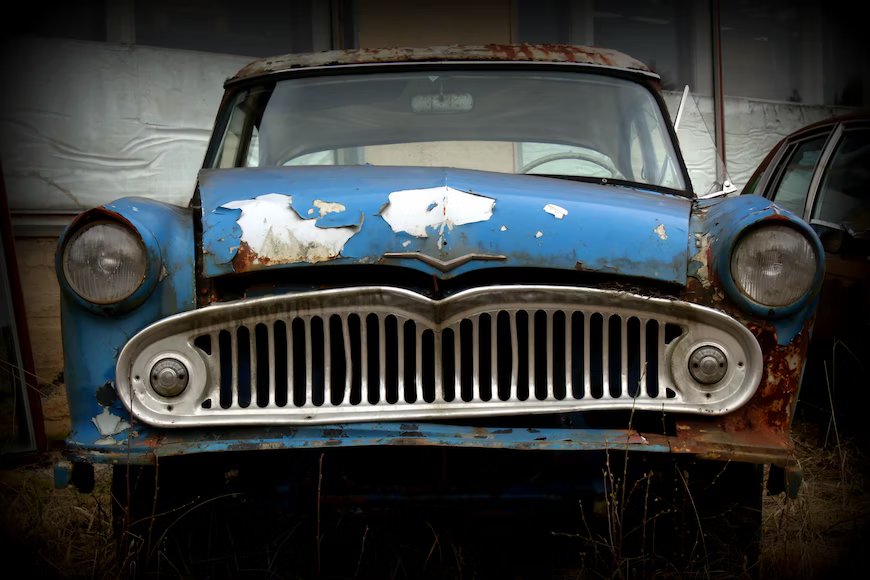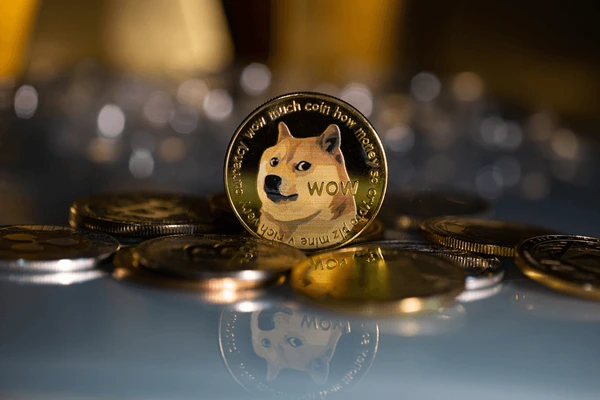Have you ever wonder what happens to old, unwanted cars? Maybe you’ve seen them park on the side of the road or in someone’s backyard, slowly gathering dust and rust. In this article, we will uncover the secrets of old cars and learn about the different ways they can find new purpose
What Are Unwanted Cars?
Cars are vehicles that nobody wants to use anymore. These cash for unwanted cars in Gold Coast can be old, broken, or just not working well. Sometimes, people don’t need them, and they take up space in their driveways or garages. These cars often have flat tires, scratch paint, or engines that won’t start.
Why Do People Have Unwanted Cars?
There are many reasons why people end up with cars. Let’s explore a few of them:
Old Age: Sometimes, cars get really old, and they start having lots of problems. Just like people, cars can’t last forever.
Accidents: If a car has been in a big crash, it might not work properly anymore. Fixing it can be very expensive, so people might decide it’s not worth it.
New Cars: When people get new cars, they might not need their old ones anymore. They decide to let them go to make space for the new car.
Not Running: Some cash for unwanted cars gold coast stop working because their engines or other parts are broken. Fixing them might be too costly.
No Longer Need: Sometimes, people move to places where they don’t need cars, like big cities with good public transportation.
What Can Be Done with Unwanted Cars?
Now that we know what cars are and why people have them, let’s talk about what can be done with them.
Donating: Some people donate their cash for unwanted cars gold coast to charities. Charities can fix them up and sell them to raise money for good causes like helping sick children or hungry families.
Recycling: Cars are made of many materials like metal and plastic. These materials can be recycle and use to make new things like bicycles, cans, and even playground equipment.
Selling for Parts: Even if a car can’t be driven anymore, some of its parts might still be good. Mechanics can take these parts out and use them to fix other cars.
Scrap Yard: Sometimes, cars are taken to a place call a scrap yard. Here, they are taken apart, and the metal is melt down to make new things.
Art Projects: Believe it or not, some artists use old car parts to create amazing sculptures and artworks.
How Can Unwanted Cars Help the Environment?
You might wonder how getting rid of cars can be good for the environment. Well, here’s how:
Less Pollution: Old cars can produce a lot of pollution because their engines are not as clean as newer ones. When old cars are remove from the road, it reduces air pollution.
Recycling: When cars are recycle, it saves energy and resources because we don’t have to make new materials from scratch. This is good for the planet.
Space for Nature: If people get rid of their cars, they can use the space in their yards for gardens or trees, which helps create a healthier environment.
What Can You Do with an Unwanted Car?
Even if you’re not old enough to drive, you can still help if your family has an old car.
Suggest Donating: You can suggest to your parents or family members that they donate the car to a charity. It’s a great way to help others.
Recycle Together: Talk to your family about recycling the car if it’s really old and not working. You can learn about recycling together.
Creative Play: If the car isn’t too old or dangerous, you can use it as a play space. Pretend it’s a spaceship, a pirate ship, or a secret clubhouse.
Learn About Mechanics: If you’re interest in how things work, you can ask if you can help take the car apart (with adult supervision, of course). You might discover how engines and other car parts function.
Conclusion
Old cars may seem like a mystery, but now you know what they are, why people have them, and what can be done with them. These auto wreckers in Gold Coast can be turn into something helpful, like money for charity or materials for new things. And remember, even if you can’t drive yet, you can still make a difference when it comes to old cars. So, the next time you see one, you’ll know that it might not be so junk after all—it just needs a new purpose!
FAQs
1.What are unwanted cars?
Old cars are vehicles that are no longer in use or have reach the end of their useful life. They are typically consider non-operational, damage, or beyond repair.
2.Why should I be interest in uncovering the secrets of cars?
Understanding the secrets of cars can help you make inform decisions when buying or selling such vehicles, salvaging parts, recycling materials, or even donating them.
3.What are the common secrets or hidden issues with cars?
Common issues with unwanted cars include undisclosed damage, mechanical problems, a history of accidents, hidden repair costs, and potentially missing or stolen parts.
4.How can I uncover the history of an car?
You can uncover a car’s history by obtaining a vehicle history report, which typically includes information about accidents, title transfers, and any report damage. This report can be obtained through services like Carfax or Auto Check.
5.Is it worth buying an car for parts or restoration?
It can be worth buying an unwanted car for parts or restoration if you have the skills and resources to repair or salvage it. However, it’s essential to assess the overall condition and potential costs before making a decision.
6.Are there legal obligations when buying or selling cars?
Yes, there are legal obligations involve, such as transferring the title and ensuring proper documentation of the sale. The specific requirements vary by location, so it’s crucial to research your local laws and regulations.
7.What are the environmentally friendly options for disposing of cars?
Environmentally friendly options include recycling the car for scrap metal and disposing of hazardous materials safely. You can also explore donating the vehicle to a charitable organization or selling it to a junkyard that practices eco-friendly recycling.




